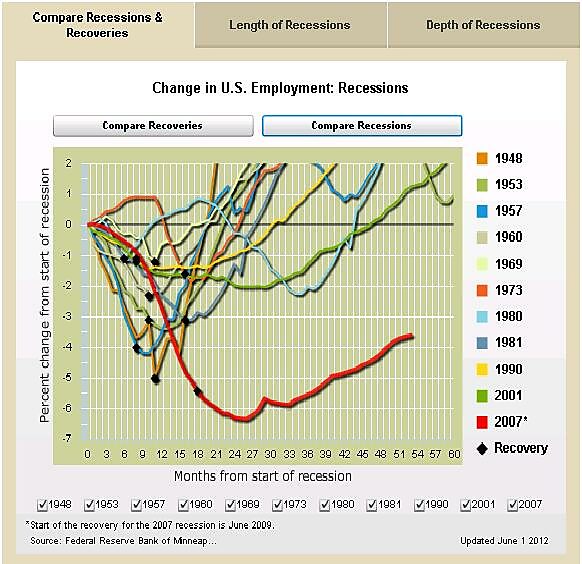WASHINGTON — Critics of the new health care law, having lost one battle in the Supreme Court, are mounting a challenge to President Obama’s interpretation of another important provision, under which the federal government will subsidize health insurance for millions of low- and middle-income people.
Starting in 2014, the law…offers subsidies to help people pay for insurance bought through markets known as insurance exchanges.
At issue is whether the subsidies will be available in exchanges set up and run by the federal government in states that fail or refuse to establish their own exchange…
“The language of the statute is explicit,” Mr. Blumstein said. “Subsidies accrue to people who obtain coverage through state-run exchanges. The I.R.S. tries to get around that by providing subsidies for all insurance exchanges. That interpretation will almost certainly be challenged by someone.”
The most likely challenger, Mr. Blumstein said, is an employer penalized because one or more of its employees receive subsidies through a federal exchange. Employers may be subject to financial penalties if they offer no coverage or inadequate coverage and at least one of their full-time employees receives subsidies.
Michael F. Cannon, director of health policy studies at the libertarian Cato Institute, said the link between subsidies and penalties was a crucial part of the law.
“Those tax credits trigger the penalties against employers,” Mr. Cannon said. If workers cannot receive subsidies in states with a federal exchange, their employers cannot be penalized, he said.
Tax credits are not subsidies, of course. But ObamaCare’s $800 billion of refundable premium-assistance tax credits and cost-sharing subsidies are three parts subsidy (i.e., government spending) and only one part tax reduction.

